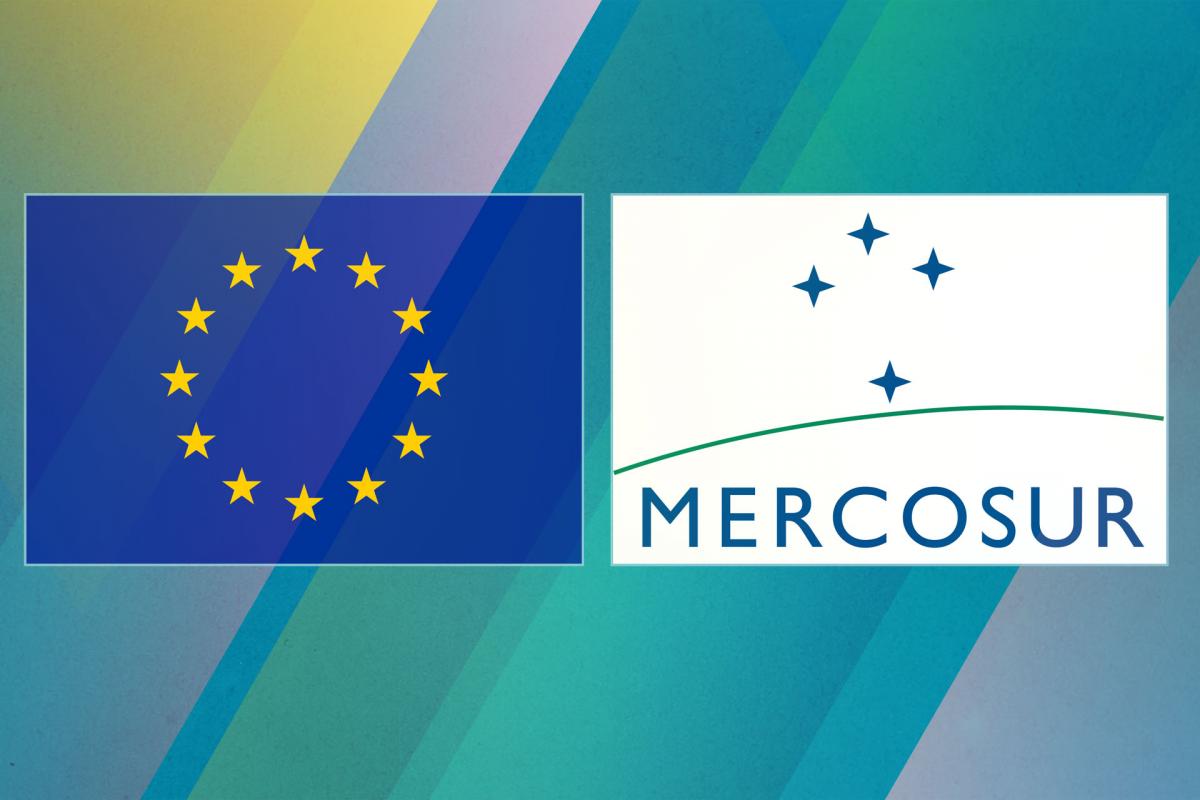European Commission Begins Ratification of Trade Deal with Americas
The European Commission has launched the ratification process for a landmark trade agreement with Mercosur countries, aiming to expedite economic ties despite ongoing political resistance and concerns from several EU member states.

The European Commission has initiated the formal ratification process for the long-negotiated trade agreement with Mercosur, the South American bloc comprising Argentina, Brazil, Paraguay, and Uruguay. This move comes after 25 years of intermittent talks, with the final text of the agreement concluded in December 2024 and now presented to EU member states and the European Parliament for approval.
Fast-Tracking Amid Political Tensions
The Commission's approach seeks to accelerate implementation by splitting the deal into two parts: an interim trade agreement, which covers areas under exclusive EU competence, and a broader agreement that will eventually require ratification by all national parliaments. The interim trade deal can be adopted with a qualified majority in the Council of the EU and a simple majority in the European Parliament, effectively bypassing potential vetoes from national legislatures. This method, previously used for the EU-Canada (CETA) agreement, has drawn criticism from some quarters for limiting democratic scrutiny and public debate at the national level.
France, traditionally a leading critic of the agreement due to concerns over agricultural imports and environmental standards, remains non-committal as its government faces a confidence vote. The Commission has attempted to assuage French and other skeptical member states by attaching a declaration to the agreement, promising close monitoring of sensitive sectors such as beef and poultry. Additionally, a 'safeguard clause' allows for temporary restrictions on imports if market disruptions occur, though critics argue these measures are vague and insufficiently robust.
Economic and Geopolitical Stakes
Proponents of the deal, including Commission President Ursula von der Leyen, argue that it will deliver billions of euros in new trade opportunities, boost competitiveness, and help the EU offset losses from deteriorating trade relations with the United States. The agreement is also positioned as a strategic move to strengthen ties with Latin American partners and reinforce the EU’s role as a major global trading bloc. EU companies, especially in the agri-food sector, are expected to benefit from lower tariffs and expanded market access, while the Commission has pledged up to €6.3 billion in compensation for farmers who may be adversely affected after 2027.
Nevertheless, civil society groups and environmental advocates have voiced concerns that the deal could undermine EU climate policies and food sovereignty. They warn that the so-called 'rebalancing mechanism' might pressure both sides to weaken regulatory standards, particularly regarding deforestation and environmental protections. The Commission, however, maintains that the agreement advances shared objectives such as sustainable development and the protection of human rights.
The path to ratification remains complex. While the majority of EU member states support the agreement, Poland and a handful of others have declared their opposition and are seeking allies to form a blocking minority. The coming weeks will reveal whether the Commission’s strategy to fast-track the trade component will succeed in overcoming entrenched political and social resistance, or whether national interests and public scrutiny will force further delays or concessions.
Sources
-
Euronews Commission launches Mercosur deal ratification ami...
-
European Newsroom The European Commission has adopted a trade agreem...
-
Climate Action Network Eu... European Commission sidelines Member States by spl...
-
Le Monde EU-Mercosur deal: Brussels moves forward, makes a...
-
Renewable Matter EU Commission gives green light to agreements with...